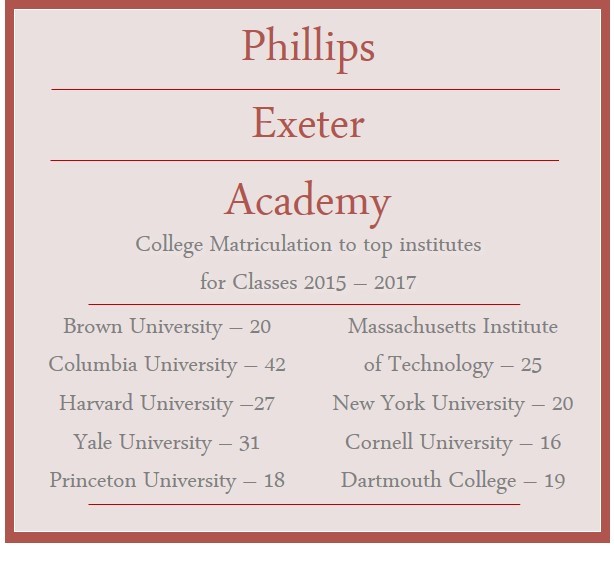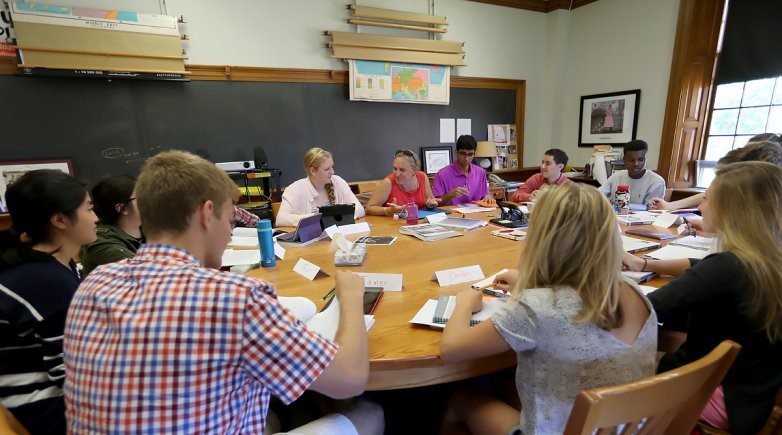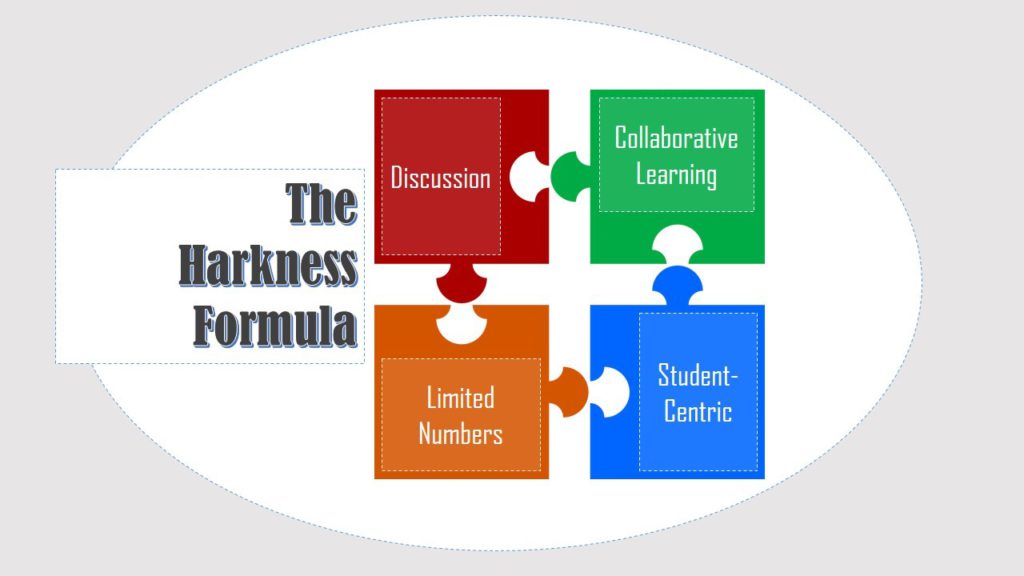It’s not just a streak of genius that’s common between these three successful figures. What really binds them together is that they are all alumni of one School – Phillips Exeter Academy. It is this academy that nurtured their innovativeness with a remarkable approach to learning.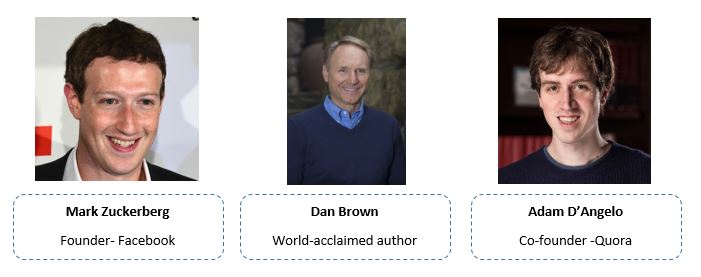
Phillips Exeter Academy
Phillips Exeter Academy regularly appears in Business Insider’s list of top schools in America, and their list of noteworthy alumni does not stop here. John Irving (Novelist and Screenwriter) and Tom Steyer (Billionaire Hedge fund manager) are some of the other highly successful ‘Exonians’. With a tried and tested formula in hand, an Ivy-league dominated management board, and alumni network, this school has a legacy to aspire for. It is also a member of the G20 school’s group. It is one of the most sought after boarding schools of the country. Moreover, it is extremely selective in nature about the students they take in. Only the most talented candidates make up 19% of yearly applications that finally make it to the school to become Exonians.
A large number of the students who step out of Phillips Exeter Academy are welcomed by some of the most prestigious institutions for their higher education, as indicated by the academy’s College Matriculation figures for Classes 2015 to 2017. Based on the strong foundation created during their years at Phillips Exeter Academy, students are better acquainted with their interests and are well-equipped in choosing the right institutions to build their future.

Students who have been able to nurture their creativity, talent and potential at Phillips Exeter Academy have gone on to pave their way to a successful future. They have also contributed towards making a difference in the lives of others too.
The school has produced over a dozen US senators and even an American president. And others are contributing in different ways too. For instance, Rohan Pavuluri graduated from the academy and later went on to join
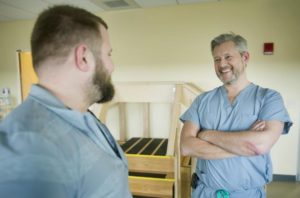
Harvard. He eventually spearheaded Upsolve with the objective of supporting Americans with low-income and mitigating financial distress. Dr. Matthew Carty, an alumnus, contributed his innovative skills to the field of amputation. He offered a different recovery process for individuals who undergo lower limb injuries.
What makes Phillips Exeter Academy different?
Phillips Exeter Academy’s approach to learning is nothing short of revolutionary. It allows young minds to grow into remarkable thinkers. Setting it apart is its unique ethos of Harkness, a student-centered learning technique. This practice consists of 12 students and one teacher sitting around an oval table and exploring a subject through discussions.
Thus, what lies behind the school’s distinguished alumni figures is not the legacy of Phillips Exeter Academy. Instead, it’s the school’s drive to innovate and excel. Their objective is to make students understand topics from different perspectives and learn with the future in mind. This helps them churn out makers and builders, who are outcomes of this sustainable learning approach.
What are the features of Harkness?
What’s remarkable about the Harkness method is that there’s nothing complicated or gimmicky about it. Here are some of its simple features that come together to foster the most ideal way of learning:
- Discussion: The Harkness method replaces lectures with discussions. And thus, the argument ‘one size of teaching does not fit all’ finds an effective solution at Phillips Exeter Academy.
- Collaborative Learning: The oval table has been the world-accepted design for collaborative spaces. And as students take charge of the discussion, a sense of equality permeates through the room. Every idea is shared and listened to without bias.
- Limited Numbers: The academy caps the number of students in a classroom to just 12 students. Thus, every student gets a chance to speak and be exposed to different points of view.
- Student-centric: The teacher’s role is to facilitate a platform for discussion, while students pull out insights on their own.
Through the Harkness way of learning, students subconsciously develop essential values in them. They gain the courage to speak up, the compassion to listen, and the empathy to understand. Students intrinsically develop these qualities, as it’s the norm at every sitting to let each and every student speak.
The greatest indicators of a school’s success are not just exam-topping marks or awards. A school’s name is truly upheld when students go out into the world and pioneer in their respective fields. And this is exactly what makes Phillips Exeter Academy one of the very best!
you can implement such cutting-edge techniques in your school
Share your views in comments below or email us at monika.bakshi@univariety.com



